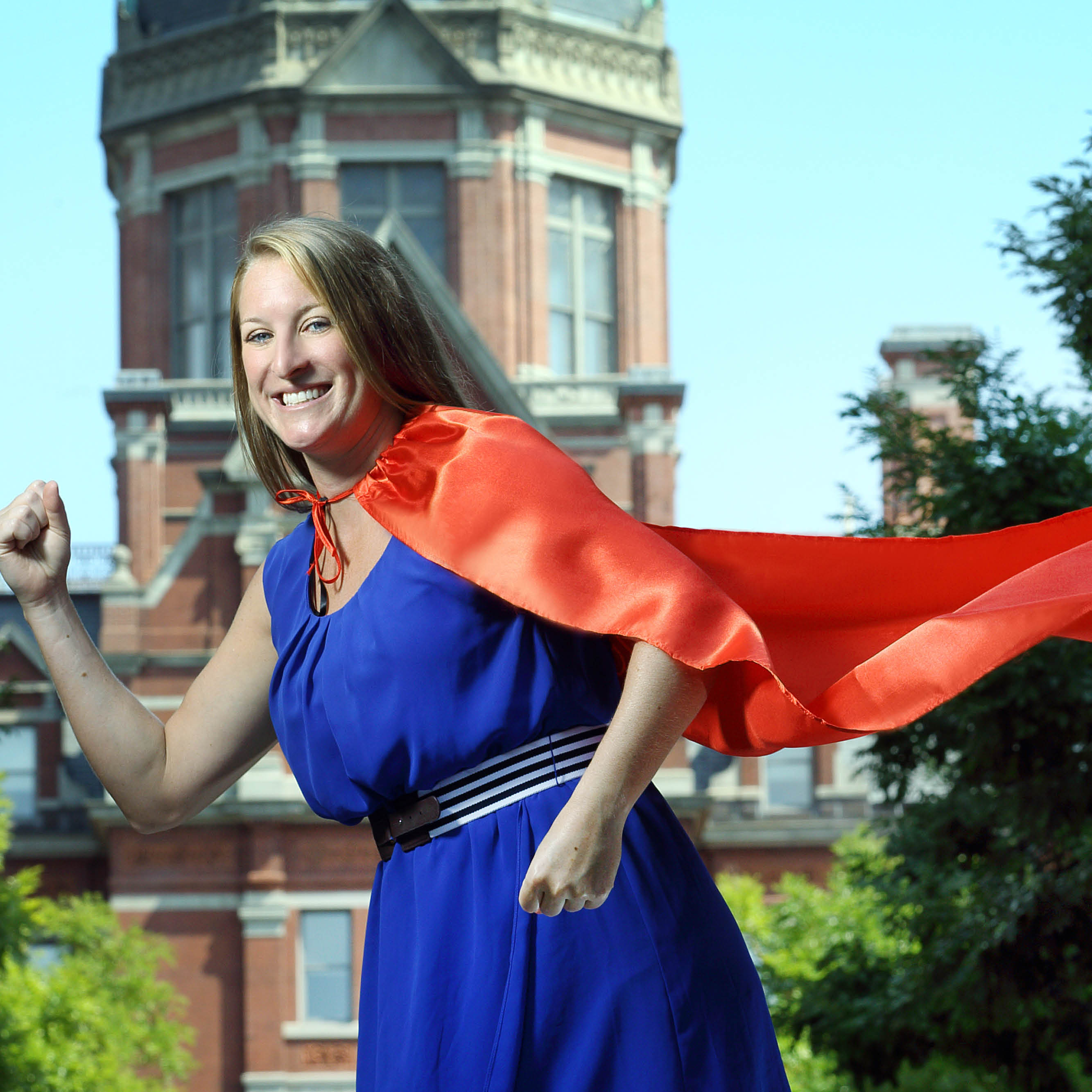IN THE LAST FISCAL YEAR, blood drives on the East Baltimore campus collected 620 units of blood from generous donors. And yet, there’s always need for more. The Johns Hopkins Hospital transfuses over 90,000 blood products every year. Blood cannot be anufactured
and has no substitute, so please donate at an upcoming Johns Hopkins blood drive. Whether you’re a first-time donor or a seasoned veteran, check out these facts about donating blood.
Blood is in constant demand.
The Johns Hopkins Hospital receives 750-plus blood products weekly and often orders additional products to keep up with emergent demands. In addition to storing blood in the hospital’s blood bank, satellite refrigerators and blood “vending machines” are located in areas where patients frequently need transfusions, like operating rooms and labor and delivery.
It supports patients big and small.
More than 60 percent of the hospital’s blood inventory goes to oncology patients. Patients on ECMO, a form of life support, are completely dependent on blood transfusions to survive. Patients
undergoing surgical procedures, liver transplants, cardiac surgery or who are in the neonatal ICU are also frequent users of blood products.
One bag of blood can save three lives.
Each unit of blood can be converted into three blood products, such as red blood cells or plasma. Patients in need of a transfusion usually only require one type of blood product, so one person’s blood
donation can actually help up to three different people.
Blood stores well.
A recent trial of red blood cell storage time shows no benefit for patients who receive “fresh” blood, which has been stored for 10 days or less, compared to receiving older blood that could be stored for up to 42 days, as permitted by the Food and Drug Administration.
Skip the line, cut down on wait time.
The American Red Cross introduced RapidPass (redcrossblood.org/
rapid pass) in 2015 to streamline the donation process. Donors can read educational materials and answer health history questions online prior to an appointment, and then can proceed directly to the second step of the appointment upon arrival. On the East Baltimore campus, most donors report that using RapidPass has helped cut down on wait time.
Visit redcross.org/giveblood to sign up for an upcoming blood drive on the East Baltimore campus.

